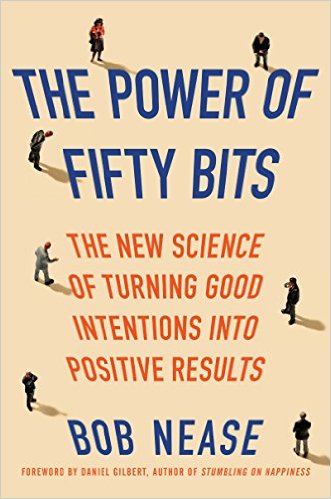 Conor Clarke of The Atlantic interviews Nobel laureate Ken Arrow and touches briefly on behavioral economics:
Conor Clarke of The Atlantic interviews Nobel laureate Ken Arrow and touches briefly on behavioral economics:
This time around it seems like you hear a lot of dissatisfaction with the rational expectations model. What do you think of behavioral economics?
Yes, there is a tendency to go to these psychological arguments. But my problem with these arguments is not that they are wrong — though sometimes there are wrong — but that they are not helpful.
Why?
They don’t predict anything! I don’t know which way human psychology will go wrong. We have a world in which there is uncertainty. There are new technologies. And one of the problems is that we do things today with a thought to the future. Any purchase is one for the future. If you buy a refrigerator you are making a commitment to the future, so that you have food to eat for the next ten years. That’s a simple theory, one of many simple theories — theories that people agree on and that don’t, in a fundamental way, change. But every once in a while there is unemployment, and wages will drop, and there will be several different interpretations.
Dr. Arrow raises a valid point: Behavioral economics must reliably predict if it is to be useful. Lots of us are working that angle as we test various principles in the real world.
I’m not so sure about the assertion that each of our purchases is a “commitment to the future” (although I have a favorite t-shirt that my wife would probably claim is an attempt to commit to eternity). To the contrary, I am increasingly aware that we almost always consume in the present, with little thought of downstream benefits. This is the principle of hyperbolic discounting, and attempts to account for it — such as Stickk and Express Scripts’ Select Home Delivery program — show excellent results exactly because we reliably give the future short shrift.
This is especially true when accruing future benefits requires repeated effort, such as exercise and a healthful diet. The trick to overcoming our tendency to discount the future is making the right thing beneficial in the present as well as the future. For example, we don’t have a TV in our house, but there are shows I want to watch. So I catch up on DVD, but only while working out. That way I’m getting what I want in the short term (that is, episodes of 24) as well as the long term (better health).
(Note: a slightly different version of this entry originally appeared at consumerology.com)

